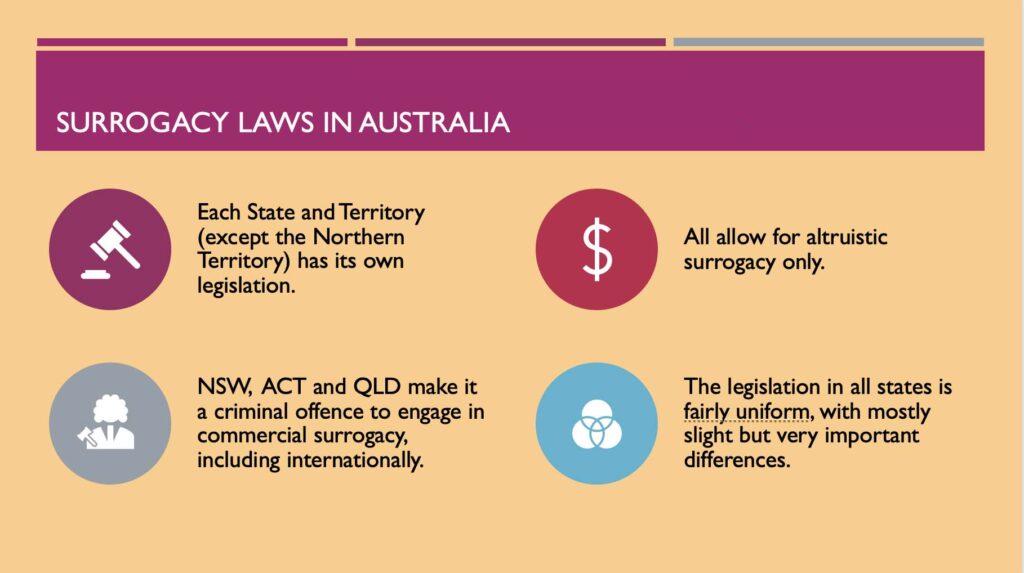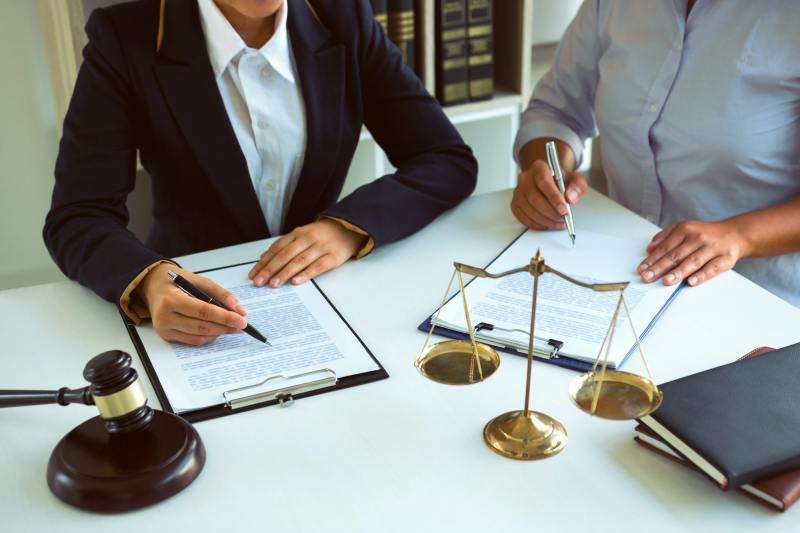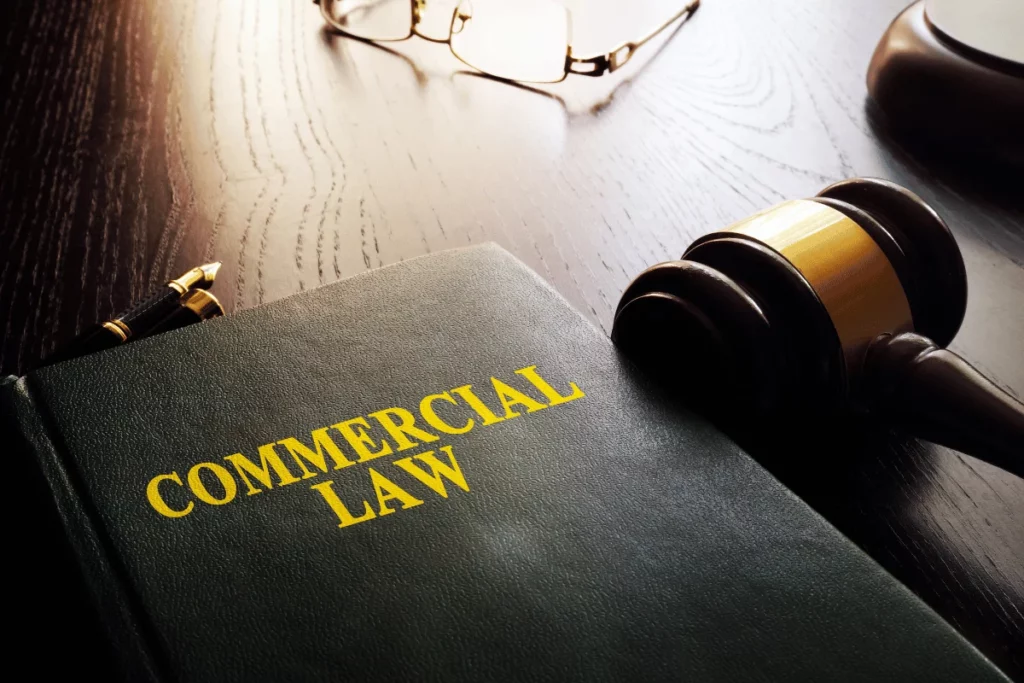Your Advocate in Business and Divorce Law

Empowering You Through Legal Challenges with Expertise and Care
At P Davis Law Firm, our dedicated team of skilled attorneys is committed to providing comprehensive legal services in family law, business law, and divorce law. We prioritize our clients’ needs and work strategically to achieve the best outcomes.
Founded on integrity, serving clients nationwide.
Comprehensive Legal Services for Your Needs

Divorce Law

Business Law

Family Law Agreements
Personalized Legal Guidance Tailored to Your Unique Situation
Recent Posts
Best Family Lawyers Brisbane: 2026 Selection Guide
Finding the best family lawyers in Brisbane is more than just a search for a…
How to Choose a Retirement Planner in Sydney You Can Trust
Introduction: The Importance of a Trusted Retirement Planner For Sydney residents, planning for retirement is…
Why RealBet Brazil Is Becoming a Top Choice for Online Casino Players
RealBet Brazil has quickly become popular among Brazilian casino fans, making a strong impact in…
Top 5 Legal Risks Commercial Lawyers in Sydney Warn Small Businesses About
What Are The Top 5 Legal Risks That Commercial Lawyers In Sydney Warn Small Businesses…
How Do Will Dispute Lawyers Help You Contest a Will With Proper Evidence?
How do will dispute lawyers help you contest a will with proper evidence? When a…
Property Law and Development: Legal Considerations for Builders and Investors
Introduction Real estate development can be a lucrative venture, but it comes with a host…







